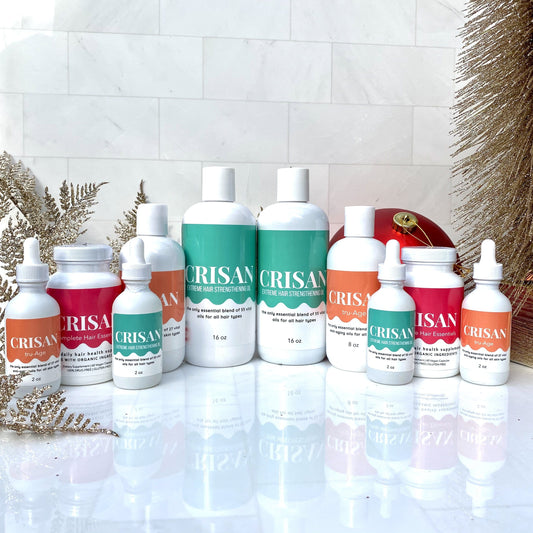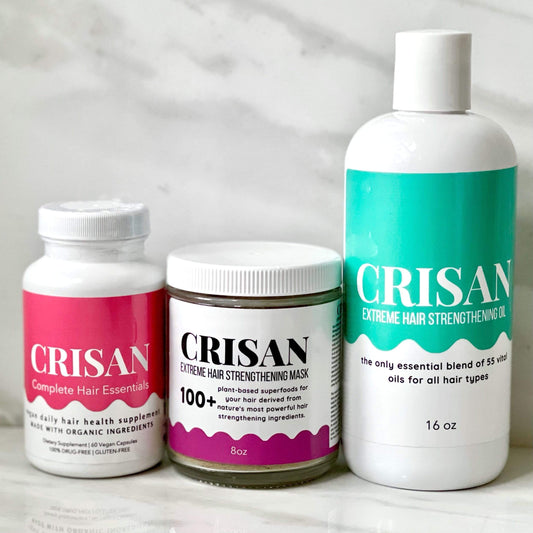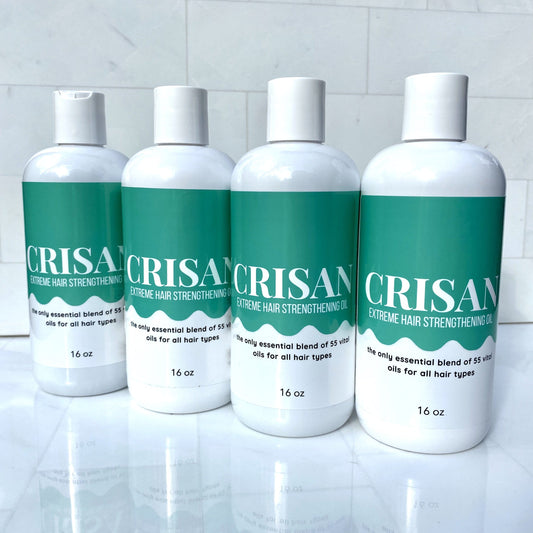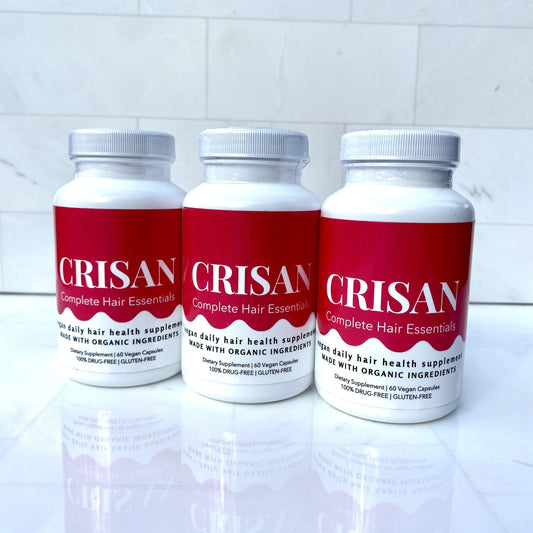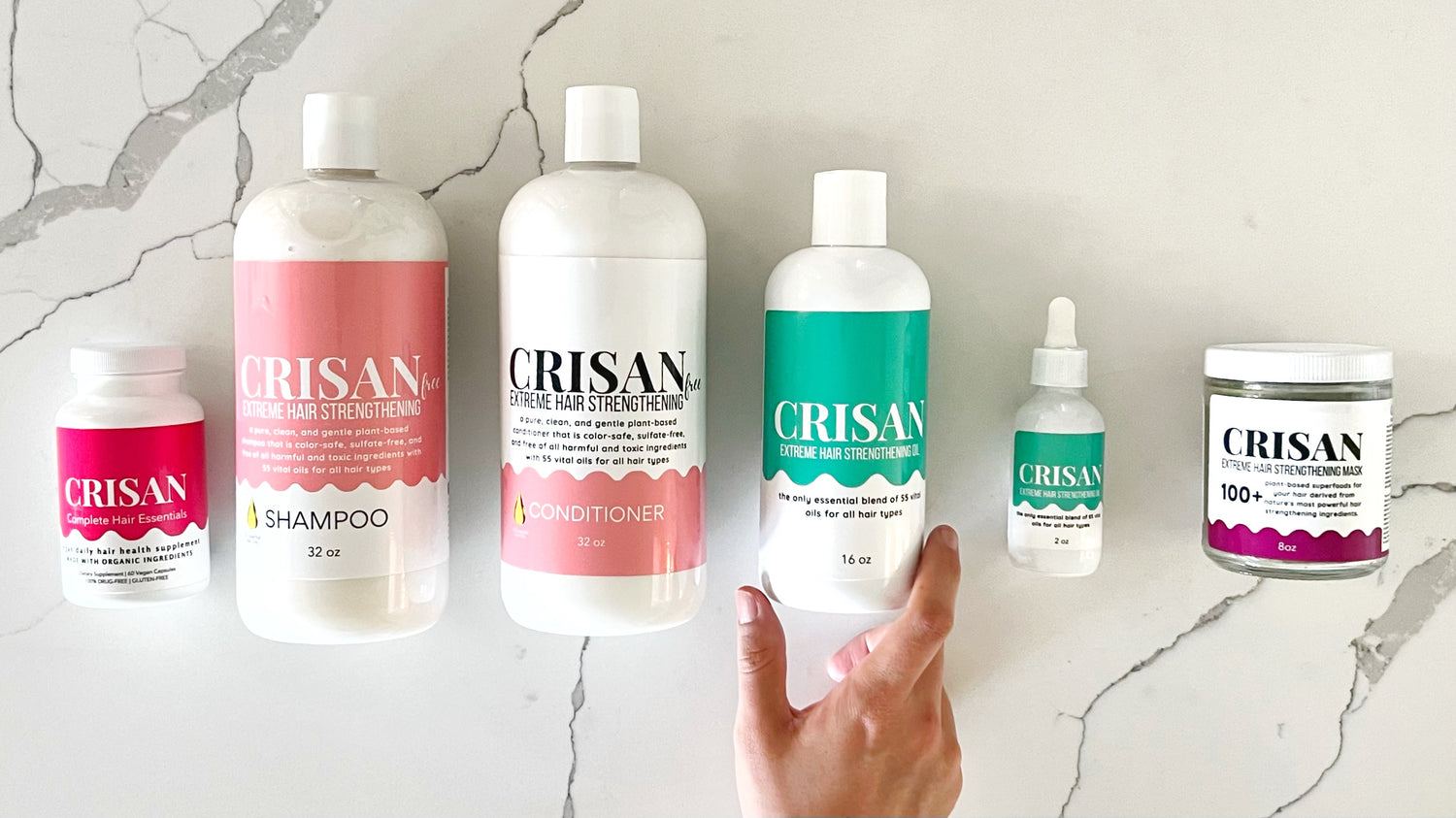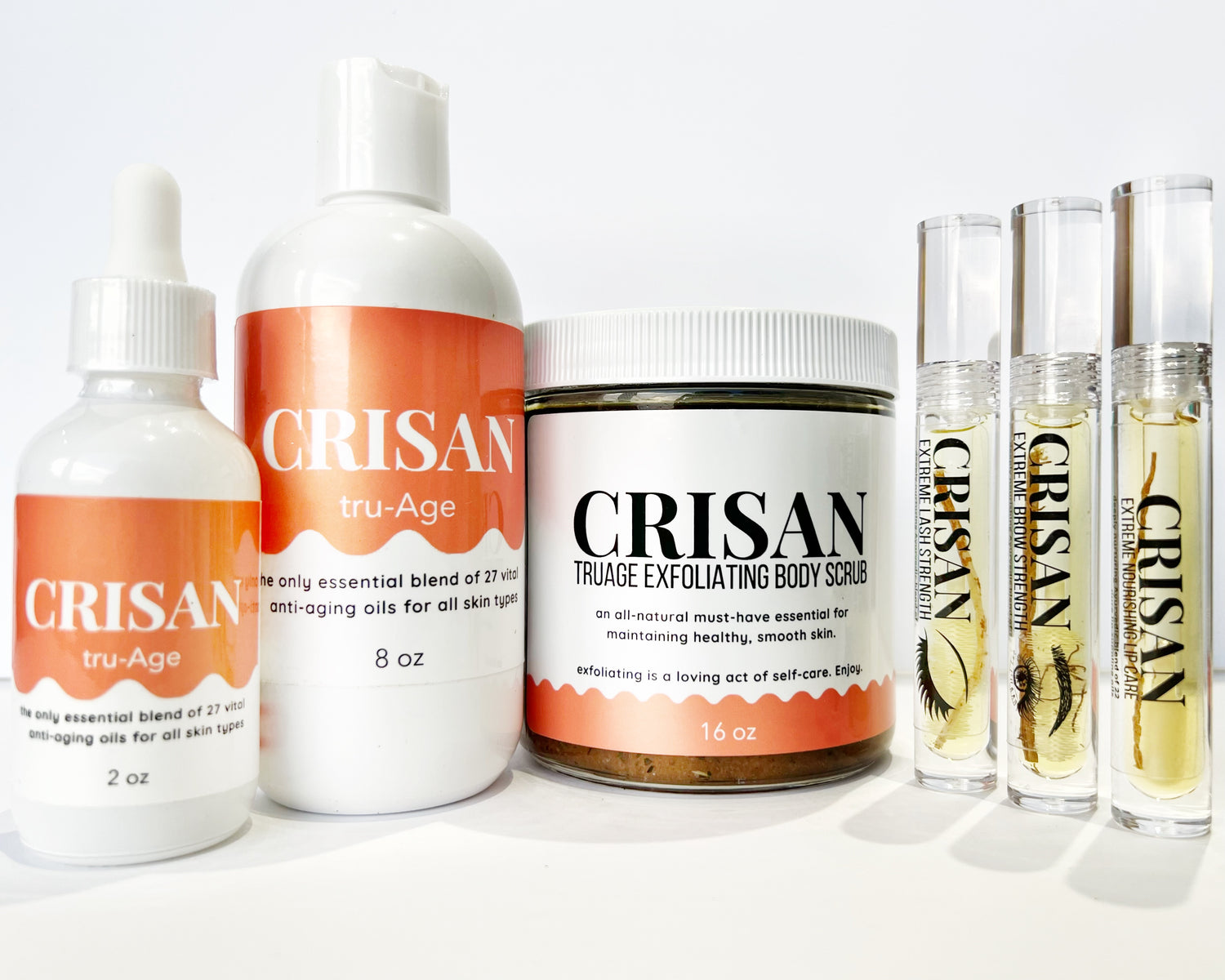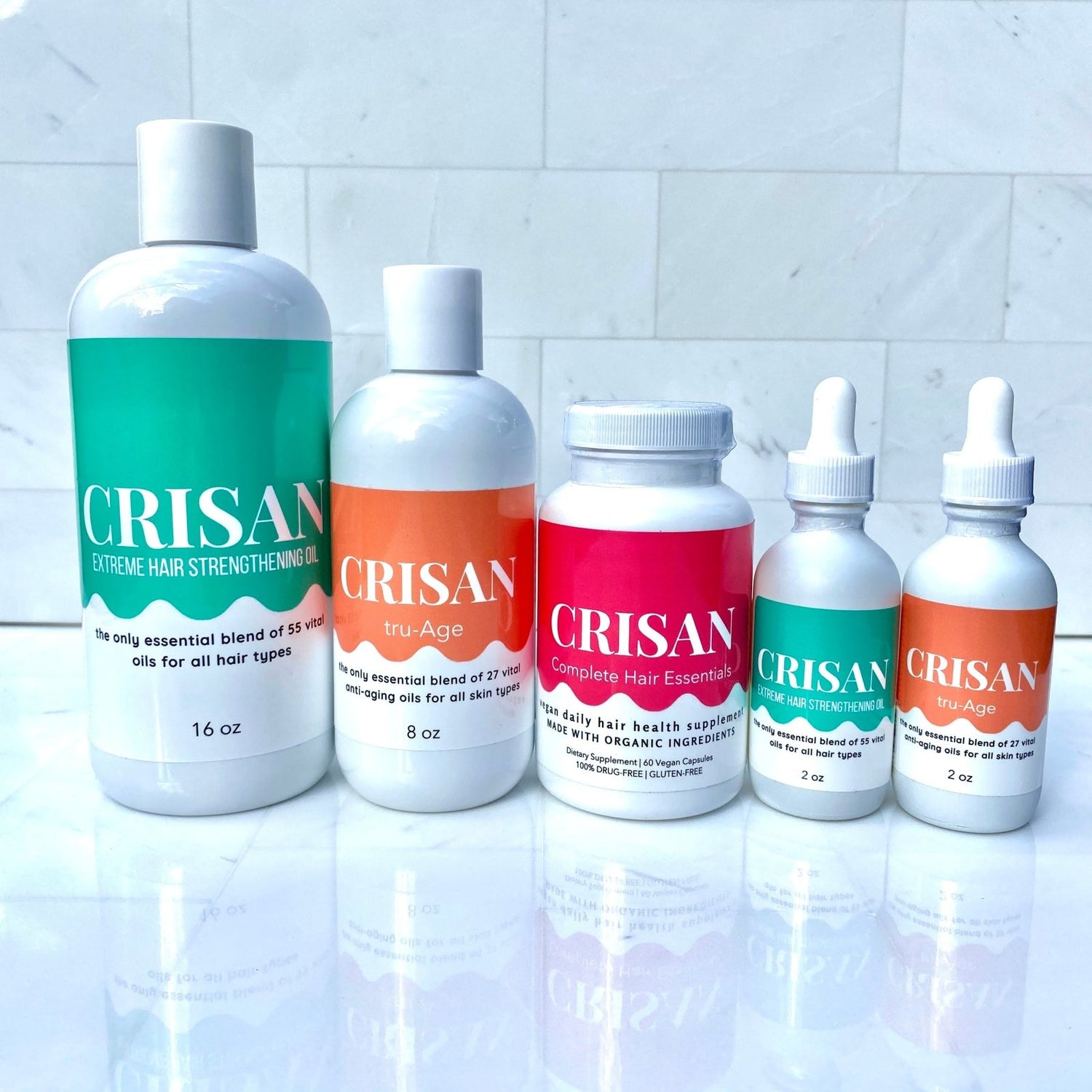Hair loss is a common concern affecting millions of people worldwide. While there are numerous medical treatments available, many individuals prefer exploring natural solutions to promote hair growth and prevent further loss. This article delves into some of the best natural hair loss remedies, examining their effectiveness and how they can be incorporated into your daily routine.
Key Takeaways
- Understanding the root causes of hair loss is essential for effective treatment.
- Nutritional support, including essential vitamins and a balanced diet, plays a crucial role in hair health.
- Natural oils like coconut, rosemary, and pumpkin seed oil can be beneficial for topical treatment.
- Herbal remedies such as aloe vera, green tea, and ginseng offer promising results for hair loss.
- Lifestyle changes, including stress management and regular exercise, support overall hair health.
Understanding the Causes of Hair Loss
Hair loss can range from mild hair thinning to total baldness. It can occur for various reasons, and understanding these causes is crucial for finding the right solution. Hair loss can be a distressing experience, but knowing the underlying factors can help in managing it effectively.
Common Medical Conditions Leading to Hair Loss
Several medical conditions can lead to hair loss. These include thyroid disorders, autoimmune diseases, and chronic iron deficiency. Additionally, significant weight loss and recent surgery can also trigger hair loss. It's important to identify and treat these underlying conditions to prevent further hair loss.
Impact of Nutritional Deficiencies
A balanced diet is essential for healthy hair. Nutritional deficiencies, particularly in vitamins and minerals like iron, zinc, and vitamin D, can lead to hair thinning and loss. Ensuring a diet rich in these nutrients can support hair health and reduce the risk of hair loss.
Role of Hormonal Changes
Hormonal imbalances can significantly impact hair health. Conditions such as polycystic ovary syndrome (PCOS), menopause, and thyroid issues can cause hormonal fluctuations that lead to hair loss. Managing these hormonal changes through medical intervention and lifestyle adjustments can help in maintaining healthy hair.
Understanding the root causes of hair loss is the first step towards finding an effective solution. By addressing medical conditions, nutritional deficiencies, and hormonal changes, you can take proactive steps to support your hair health.
Nutritional Support for Hair Health
Essential Vitamins and Minerals
For a healthy head of hair, certain vitamins and minerals are crucial. These include:
- Vitamin A
- Vitamin B
- Vitamin C
- Vitamin D
- Vitamin E
- Iron
- Selenium
- Zinc
If you suspect you might be lacking in any of these nutrients, consider exploring natural remedies for hair loss or investing in a high-quality multivitamin. Healthy blood circulation is also vital for delivering these nutrients to your hair follicles.
Importance of a Balanced Diet
To avoid nutritional deficiencies, it's best to eat a variety of foods every day. Aim for six to ten servings of various vegetables, two to four fruits, and an assortment of grains, legumes, and lean meats. This diverse diet ensures you get all the essential nutrients needed for hair health.
Hydration and Hair Health
Staying well-hydrated is essential for overall health, including your hair. Proper hydration helps maintain the moisture balance in your hair, preventing dryness and brittleness. Make sure to drink plenty of water throughout the day to support your hair's health and vitality.
A balanced diet and proper hydration are key components of any effective hair care routine. They provide the foundation for healthy hair growth and maintenance.
Topical Treatments Using Natural Oils
Benefits of Coconut Oil
Coconut oil is renowned for its ability to penetrate the hair shaft, providing deep conditioning and moisture. Regular application can help reduce protein loss in both damaged and undamaged hair. Additionally, its antimicrobial properties can help maintain a healthy scalp, reducing the risk of infections that can lead to hair loss.
Using Rosemary Oil for Hair Growth
Rosemary oil is a popular choice for those looking to support hair growth. When topically applied, it may help stimulate hair follicles and improve circulation to the scalp. However, it's important to test the oil on a small patch of skin first to avoid potential irritation. For best results, mix a few drops with a carrier oil and massage into the scalp.
Advantages of Pumpkin Seed Oil
Pumpkin seed oil is rich in nutrients that are beneficial for hair health, including omega-3 and omega-6 fatty acids. These nutrients can help strengthen hair and promote growth. Applying pumpkin seed oil regularly can also help reduce hair thinning and improve overall hair density.
Consistency is key when using natural oils for hair treatment. Regular application and proper technique can yield the best results over time.
Herbal Remedies for Hair Loss
Herbs have been cherished for centuries in various beauty and hair care routines. Some evidence suggests that certain herbs can aid in hair growth through multiple mechanisms. Exploring natural solutions like aloe vera, coconut oil, rosemary oil, onion juice, and fish oil can lead to healthier, fuller hair.
Aloe Vera and Its Healing Properties
Aloe vera is renowned for its soothing and healing properties. It can help reduce scalp inflammation and promote a healthy environment for hair growth. Applying aloe vera gel directly to the scalp can also help with dandruff and unblock hair follicles that may be blocked by excess oil.
Green Tea for Hair Strengthening
Green tea is rich in antioxidants, which can help strengthen hair and prevent hair loss. The polyphenols in green tea can promote hair growth by stimulating hair follicles. Drinking green tea or using it as a rinse can be beneficial for your hair health.
The Power of Ginseng
Ginseng is another powerful herb known for its ability to stimulate hair growth. It can improve the health of hair follicles and prevent hair thinning. Using ginseng-infused products or taking ginseng supplements can be an effective way to incorporate this herb into your hair care routine.
For those seeking top homemade remedies for hair loss in 2024, exploring natural solutions like aloe vera, coconut oil, rosemary oil, onion juice, and fish oil can be incredibly beneficial.
Lifestyle Changes to Support Hair Growth
Managing Stress Effectively
Stress can significantly impact hair health, often leading to hair loss. Incorporating stress management techniques such as meditation, yoga, and deep-breathing exercises can be beneficial. Finding ways to relax and unwind is crucial for maintaining healthy hair growth.
Importance of Regular Exercise
Regular physical activity not only boosts overall health but also improves blood circulation, which is essential for hair follicles. Aim for at least 30 minutes of exercise most days of the week to support hair health. Activities like walking, swimming, or cycling can be particularly effective.
Adequate Sleep for Hair Health
Getting enough sleep is vital for the body's repair and regeneration processes, including hair growth. Aim for 7-9 hours of quality sleep each night to ensure your body has the time it needs to rejuvenate. Poor sleep can lead to hormonal imbalances that may contribute to hair loss.
Making small, consistent lifestyle changes can have a significant impact on your hair health. It's about creating a balanced routine that supports your overall well-being.
For those wondering how to create an organic hair care routine for thinning hair, these lifestyle adjustments can serve as a solid foundation.
Scalp Care and Massage Techniques
Benefits of Scalp Massage
Scalp massage is a soothing and effective method for promoting hair growth. According to some research, scalp massages support hair health and growth by increasing blood flow to the scalp and stimulating hair follicles. This technique can also help reduce stress hormones like cortisol, which may contribute to hair loss.
Using Essential Oils in Scalp Care
Incorporating essential oils into your scalp care routine can enhance the benefits of massage. Oils like lavender, peppermint, and rosemary have properties that may improve scalp health and promote hair growth. To use, mix a few drops of essential oil with a carrier oil, such as coconut or jojoba oil, and gently massage into your scalp.
Maintaining Scalp Hygiene
Maintaining a clean and healthy scalp is crucial for hair growth. Regular washing helps remove excess oil, dirt, and product buildup that can clog hair follicles. Use a gentle shampoo and avoid harsh chemicals that can irritate the scalp. Additionally, exfoliating your scalp once a week can help remove dead skin cells and promote a healthier environment for hair growth.
When to Seek Professional Help
Identifying Severe Hair Loss
Recognizing when hair loss becomes severe is crucial. If you notice significant thinning or bald patches, it may be time to consult a professional. Early intervention can make a substantial difference in treatment outcomes.
Consulting a Dermatologist
If you or your stylist suspect hair loss, make an appointment with a dermatologist. Dermatologists specialize in conditions affecting the skin, hair, and nails, and can provide targeted treatments. It's essential to list key personal information, including any major stresses or recent life changes, before your visit.
Exploring Medical Treatments
When hair loss is due to a medical condition, treating the underlying issue often helps. Sometimes, medication is necessary, but general methods like nutritional support and lifestyle changes are also effective. If your hair loss is related to hormonal changes, such as post-menopausal hair loss, your doctor might recommend hormone tests and appropriate supplements.
If a medical condition is causing your hair loss, addressing it can often lead to hair regrowth. Consult your healthcare provider to explore all available options.
Recognizing when to seek professional help is crucial for your well-being. If you find yourself overwhelmed or unsure about your next steps, don't hesitate to reach out. Visit our website to explore a range of resources and products designed to support you on your journey to better health.
Conclusion
Navigating the journey of hair loss can be challenging and emotionally taxing. However, exploring natural remedies offers a gentle and holistic approach to managing and potentially reversing hair loss. From the nourishing properties of coconut oil to the stimulating effects of essential oils like rosemary and peppermint, there are several options that can be tailored to your specific needs. It's important to remember that results can vary based on individual conditions and the underlying causes of hair loss. Consulting with a healthcare professional can provide personalized guidance and ensure that you're choosing the best path for your hair health. Embrace the process with patience and compassion for yourself, knowing that taking steps towards natural solutions is a positive move towards overall well-being.
Frequently Asked Questions
What are the best natural remedies for hair growth?
Some of the best natural remedies for hair growth include using coconut oil, rosemary oil, and pumpkin seed oil. These oils can be massaged into the scalp to promote hair health and growth.
Can nutritional deficiencies cause hair loss?
Yes, nutritional deficiencies, particularly in vitamins and minerals such as Vitamin D, iron, and zinc, can lead to hair loss. Ensuring a balanced diet can help maintain healthy hair.
How does stress affect hair loss?
Stress can trigger hair loss by pushing hair follicles into a resting phase, leading to hair shedding. Managing stress through relaxation techniques and regular exercise can help mitigate this effect.
Are there any herbal remedies effective for hair loss?
Yes, herbal remedies like aloe vera, green tea, and ginseng have properties that can help strengthen hair and promote growth.
When should I seek professional help for hair loss?
You should seek professional help if you experience severe hair loss, sudden hair thinning, or if natural remedies do not show improvement. A dermatologist can provide medical treatments tailored to your condition.
How important is scalp care in preventing hair loss?
Scalp care is crucial in preventing hair loss. Regular scalp massages, using essential oils, and maintaining scalp hygiene can improve blood circulation and promote healthier hair growth.


